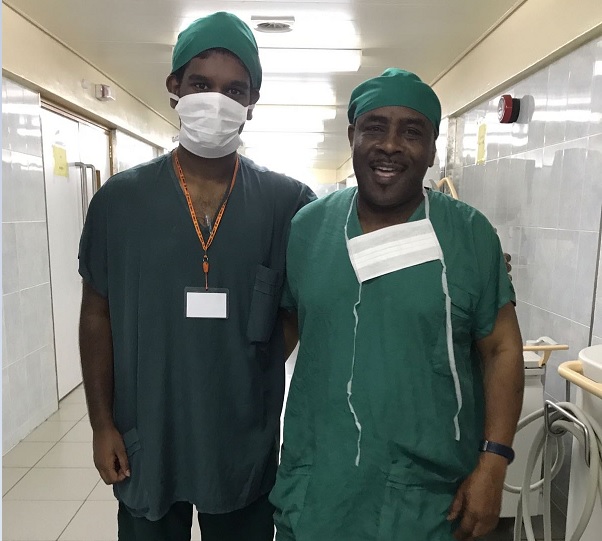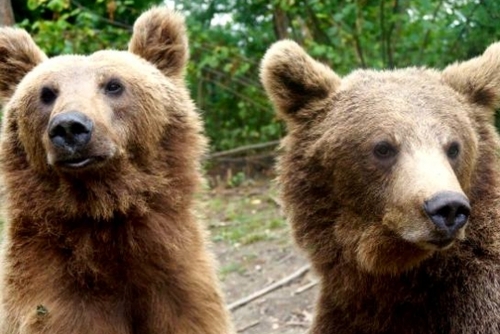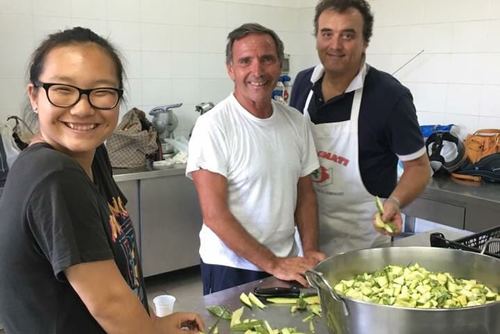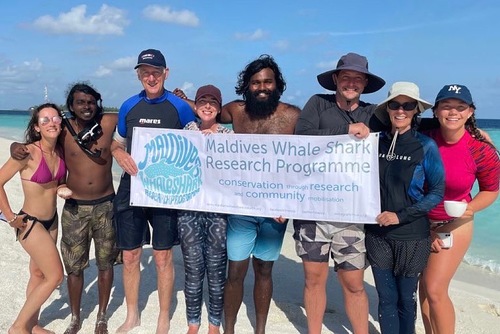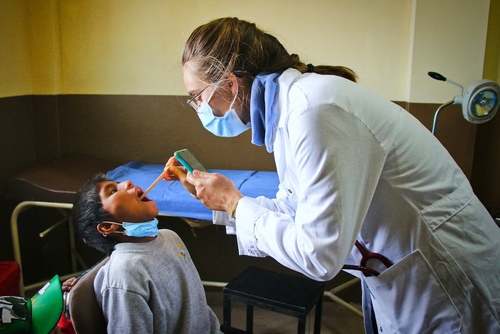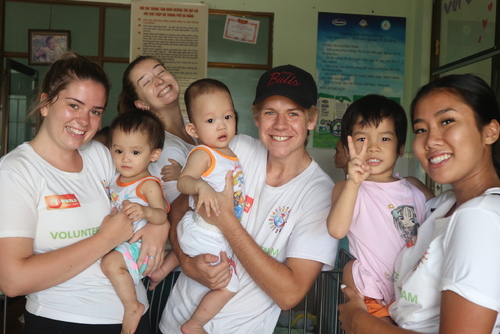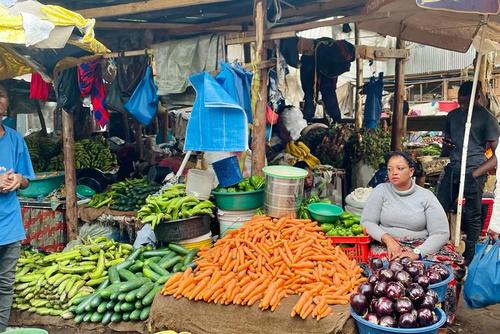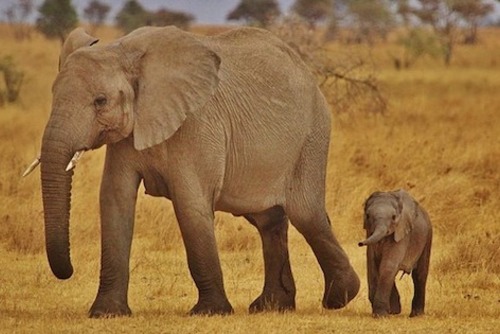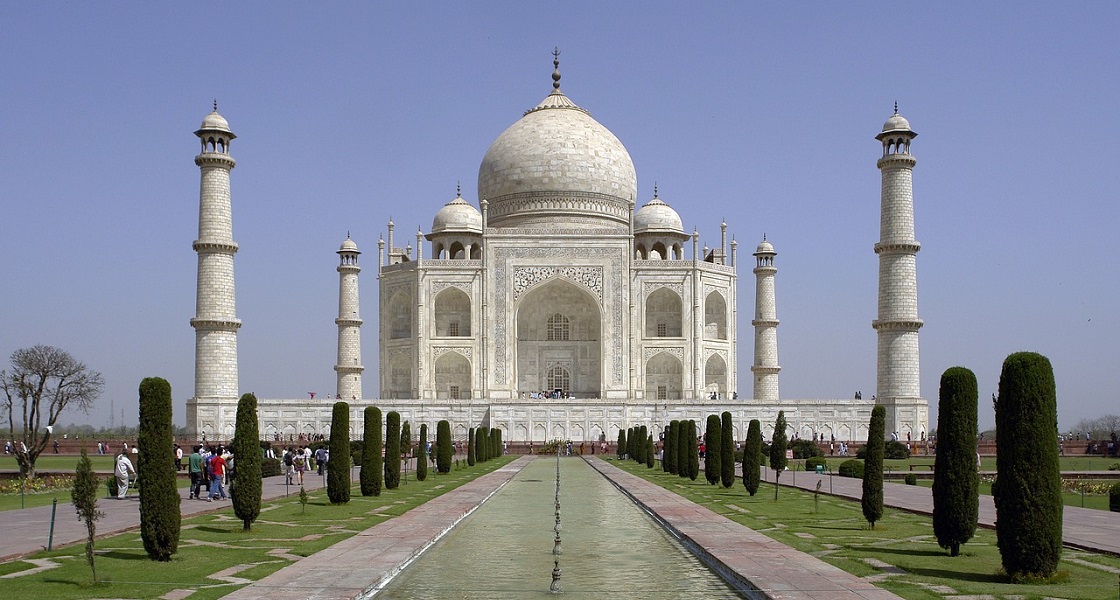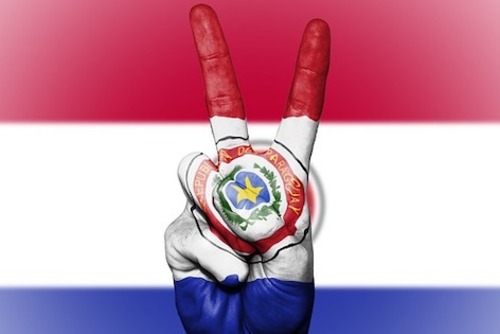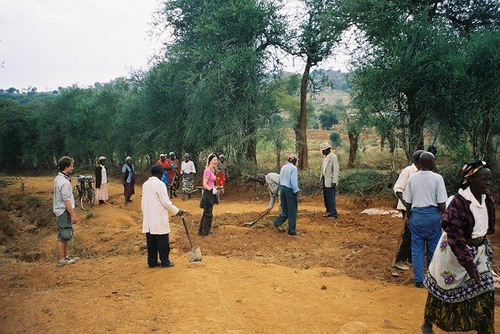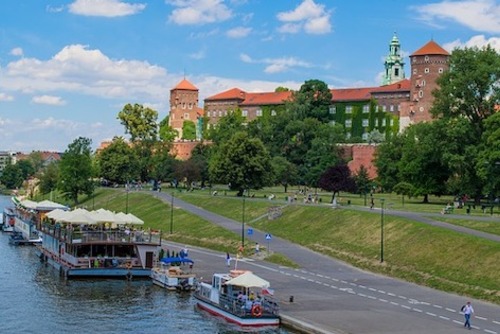Nandu Pillai, a student from the UK went to join a medical volunteering program in Tanzania with organisation Work the World.
Here he shares his experience and the things he learned from volunteering in Africa in a medical capacity.
Choosing a Program
When my University laid out the prospects of our medical elective placement, they mentioned how we could potentially take our skills and experience new settings abroad in another country.
So after googling various companies, I stumbled across Work the World, and their many destinations. Being a keen traveller, nothing appealed more than working in a new country completely away from anywhere I've ever been. So, having never stepped foot on the African continent before, I chose Dar es Salaam, Tanzania as my destination.
To say that Work the World was helpful would be a huge understatement. Right from the start, Rachel from Work the World was incredibly supportive. We spoke about what awaits me, preparation and how the online timeline works.
This was a real lifesaver, since it lays out everything you need to do and by certain dates. Especially when you're in university and managing your various deadlines, assignments and placements, it's helpful to know that a team is standing by to assist you at any time, I could not praise them enough.
If you are unsure whether this type of experience is right for you check out our top reasons to take your medical elective abroad.
My Placement
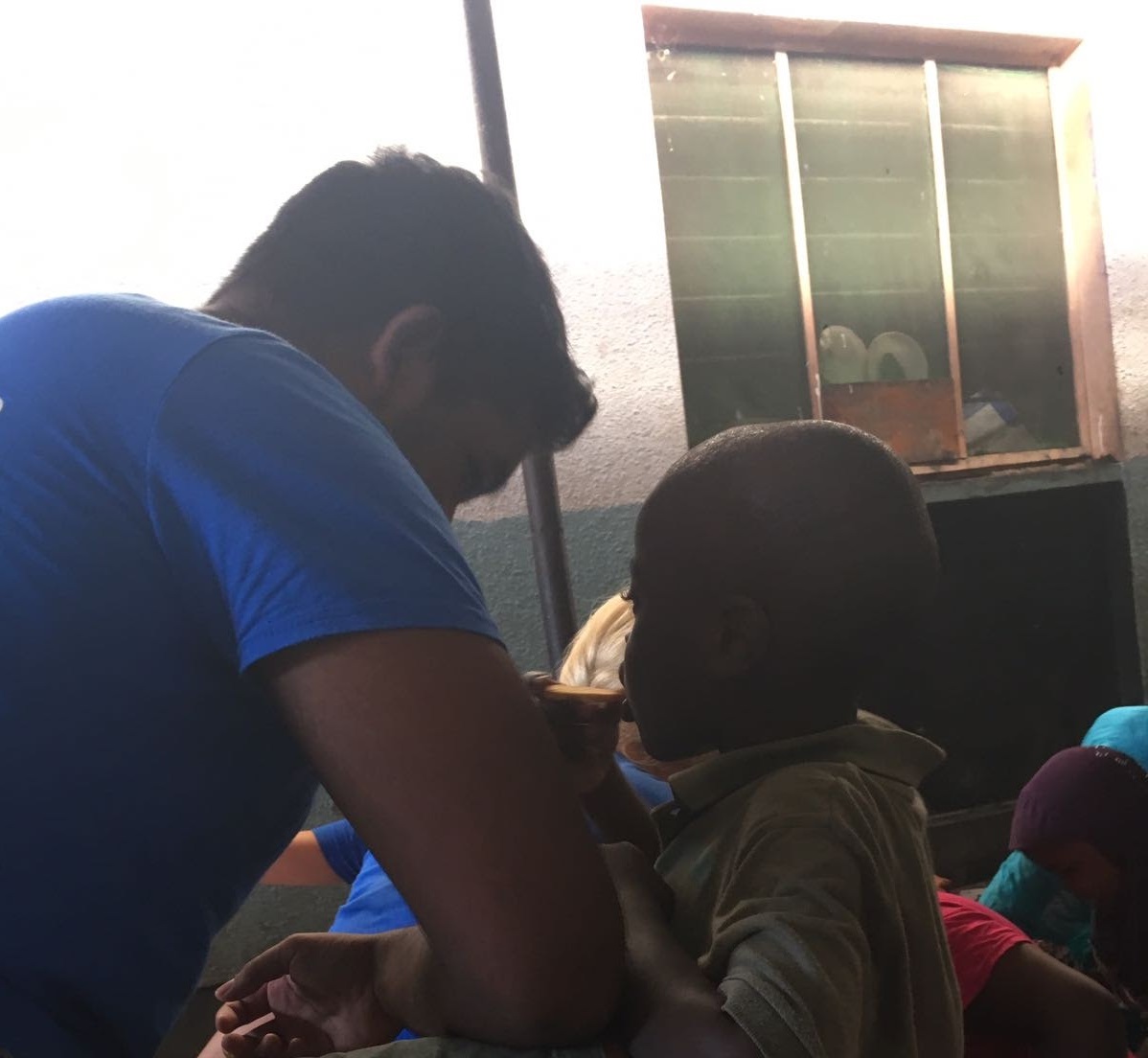
I requested to join a orthopaedic physiotherapy and paediatrics volunteer program before I left. Work the World and the lead physio Lucas in Muhimbili Orthopaedic Institute made sure I got that and much more, with regular visits to ITU, the private wards, cerebral palsy clinics and the operating theatres.
The daily dala-dala (minibus) to and from work was always cramped, but not like rush hour on the London underground packed, we’re talking cramped to the point where literally none of us could move, although the whole experience was a bit of a laugh.
In the mornings, we would do our inpatient services and visit the wards, and in the afternoons, we would treat outpatients.
Outside of the normal lower-back and knee pains, we saw a lot of road-traffic accidents, gun-shot wounds and injuries coming from freak accidents. Ice and electrotherapy are used within treatment sessions, unlike the UK, mainly because a lot of people don’t have access to this at home.
What I Learned
In the paediatric wards, where a lot of conditions are picked up and treated quickly in the UK, screenings were not available in Dar, and so conditions such as hydrocephalus and other congenital disorders tend to be quite advanced.
Likewise outpatient conditions are commonly chronic, due to the high waiting list. This was a challenge but also interesting just to assess and see in person, rather than read out of a textbook. Tuesdays and Thursdays were the days where only people with private healthcare insurance come in, so the day could pretty much be over in under 4 hours.
When volunteering in Africa the lack of resources compared to the UK was obvious, TENS electrodes and towels were reused, ITU uniform consisted of towels on our heads and dressing gowns over our scrubs, gloves were used sparingly. Staff were still managing to do the best possible job, regardless of this.
One thing that really amazed me was how despite the huge queues of people sitting outside the department waiting to come in and the distances that people travel to come in, only about 5 appointments are missed per month, people were incredibly compliant with treatment and never complained.
Speaking to a few locals, they were really on board with international students working within the healthcare system, since we can bring over our knowledge and skills, and integrate it into both the system and professionals here.
One such example, most patients don’t carry out home exercises, which is considered one of the most critical parts of rehabilitation in physiotherapy, they come to the hospital to do them. So, every time we saw patients, we emphasised a lot on continuing rehab at home and boosting the effectiveness of recovery.
One thing the locals were quite proud of was how depression rates were very low, since everyone was friends with each other and through the overall ‘hakuna matata’ vibes in general. This is something I think the UK should take note of.
Making New Friends
Spending time with other students studying different fields of healthcare was brilliant.
Where I naturally hang out with a lot of physio students, it made me realise that I don’t know too much about the nurses, midwives, dentists etc. and how their days go and what they experience both in Dar and back in the UK.
Everyone in the house was like a second family, everyday we would relax and have new stories from work to tell each other. Any travelling we did, we shared the experiences together and since coming back to the UK, we’re all still in touch with each other.
Accommodation
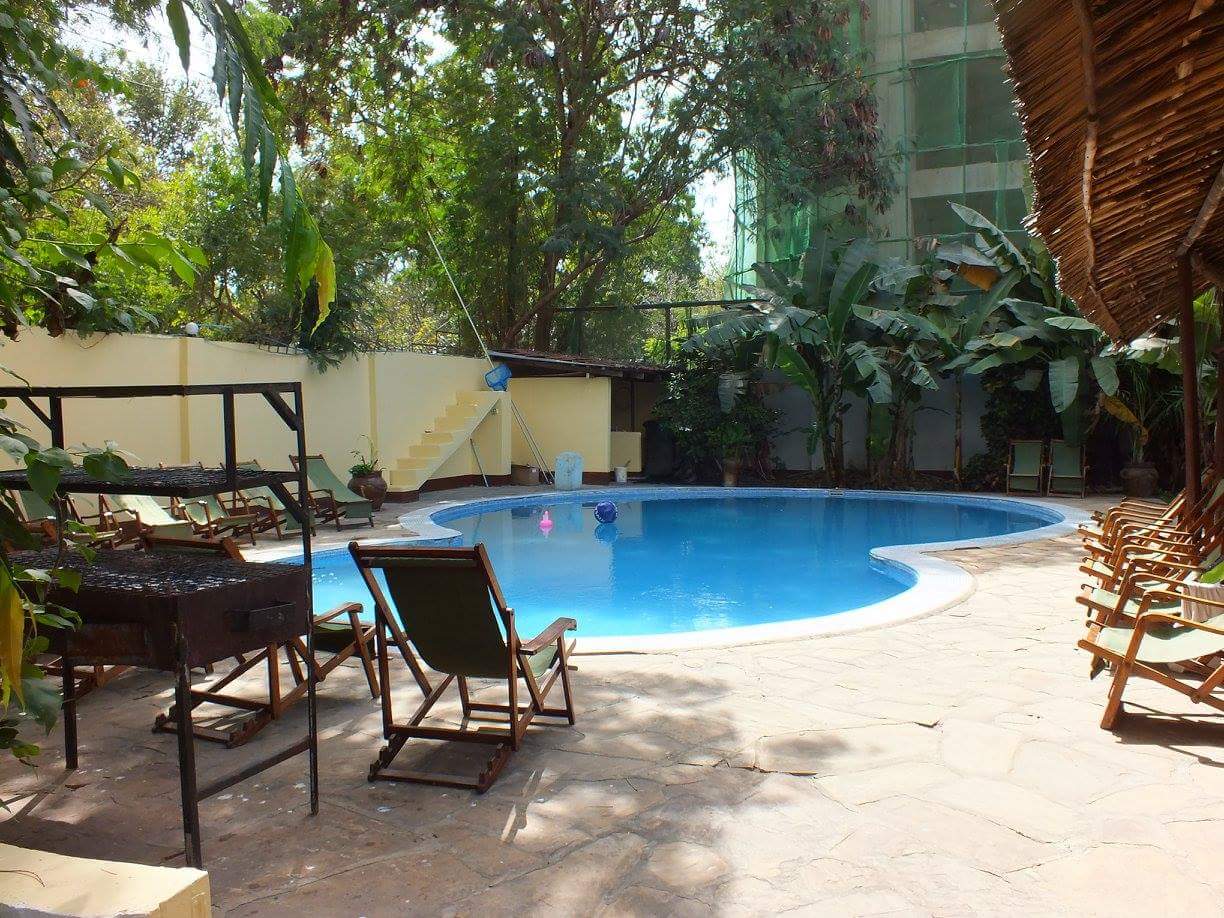
The Work the World house was insane, only a few minutes from the beach and surrounding markets, and very spacious inside, with a pool to jump in when it gets a bit too hot. It was security guarded, and not once did I feel unsafe whilst I was there.
Travelling
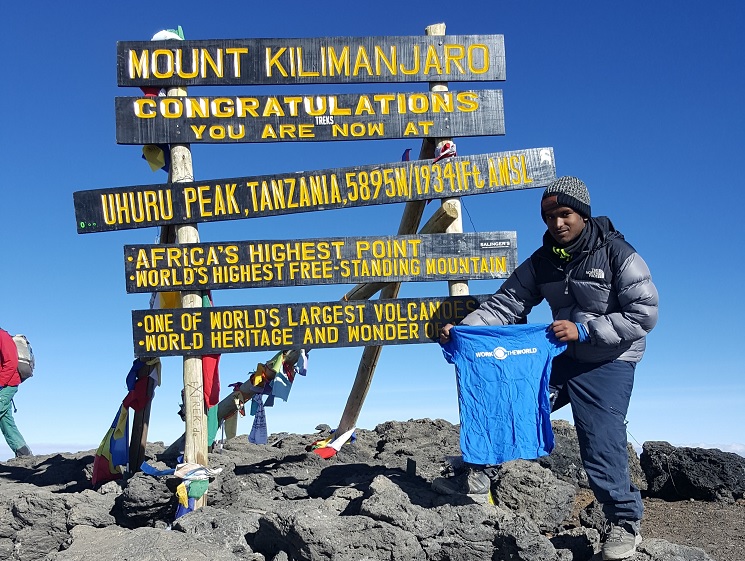
The best part of working in Dar was the many ways you could spend your free time, and the stuff you can get up to away from placement.
Island-hopping on the weekends and chilling on different beaches was a good way to unwind after a long week. Zanzibar island and the many surrounding markets were popular destinations. We also went and watched a local football derby at the national stadium, which was a lot of fun.
I was also lucky enough to climb Mount Kilimanjaro and head off to the Serengeti safari after placement was over - both two of the best locations to visit in Tanzania. We had a challenge in the house every weekend to see who could spot a leopard first on safari, since they were very difficult to find. If you head off on safari, get your binoculars ready.
You can book Tanzania tours and plenty of people commented on how my Swahili sounded very fluent, which I can only credit Jacob for, our weekly Swahili teacher. I was surprised at how quickly the language barrier between yourself, staff and patients be minimised, it’s not very hard to pick up at all.
A quick tip, if you know Premier League football (and Manchester United in particular), you can be friends with absolutely anyone in a matter of seconds.
Arriving Back Home
Since returning to the UK, although a lot of problems continue to plague our NHS, I now have a whole new level of appreciation for its integrity and structure.
My biggest piece of advice to anyone considering a volunteer program in Tanzania or a placement abroad is to just dive in. This has been one of the best and fulfilling experiences of my life.
I definitely feel better as a person and will be a better physio in the future from all my experiences here.
By Nandu Pillai
If you are interested in a similar experience view our healthcare volunteer programs abroad or search placements by area below:

